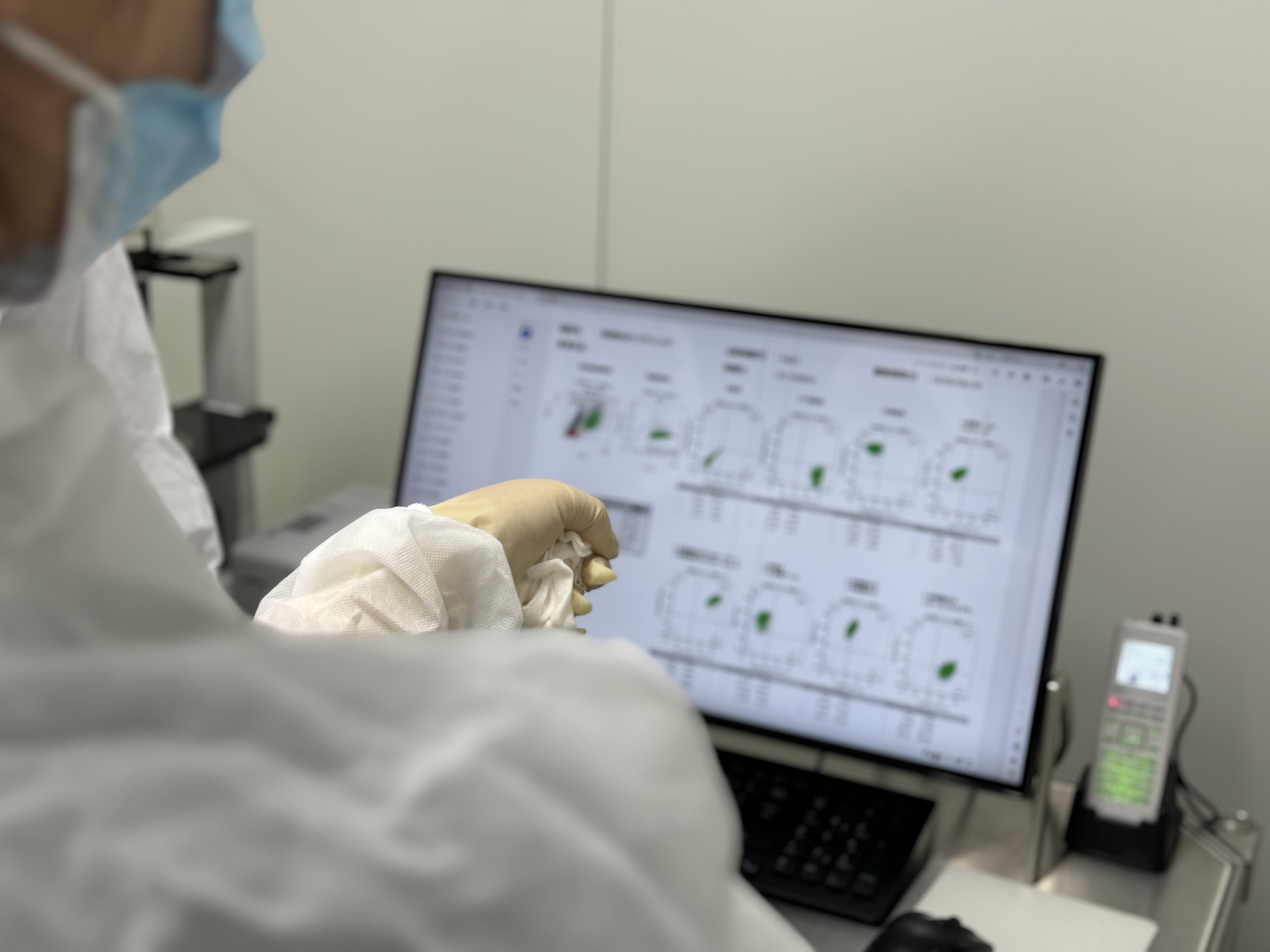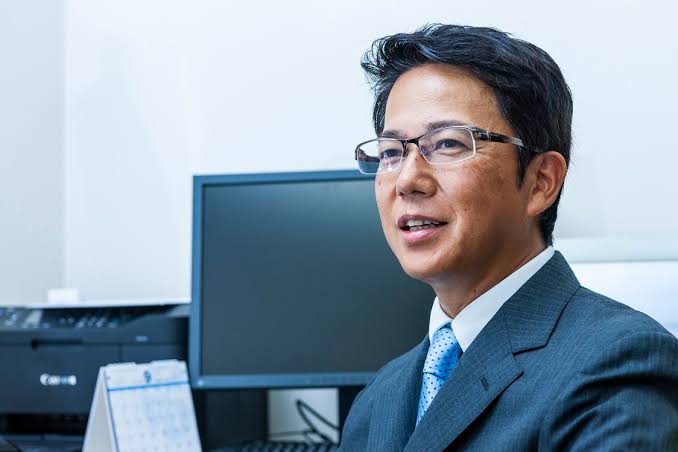“Humanity’s Innate Immune Power Surpasses Any Manufactured Drug” – Dr. Yoichi Kato, Pioneer in Immunotherapy
Focusing Solely on the Tumor Site Is Insufficient for Complete Recovery
The human body inherits a natural defense mechanism against malignant tumors. When adequately harnessed, it can outperform new drug developments. In my ongoing research papers and upcoming book, I emphasize this core message: merely targeting localized cancerous tumors does not fully eradicate the disease. Instead, we must consider both the tumor site and its surrounding environment, enhancing the entire body’s immune system to prevent metastasis and recurrence. While targeted treatment is necessary, neglecting systemic immune enhancement could lead to tumors reemerging elsewhere in the body.
Why Immunocellular Therapy Is Not Limited to One Area
Naturally, treating the identified tumor is the first step, but potential metastases in other parts of the body must also be addressed. For instance, if a tumor originating in the stomach metastasizes to the lungs, it indicates that the lung environment is receptive to malignancy. Hence, improving immune defense in the lungs is just as crucial as treating the primary lesion.
Why Immunocellular Therapy Is Not Yet Widely Accessible
In both Japan and the United States, pharmaceutical interventions generally remain the primary cancer treatment method. Achieving widespread adoption of immunotherapy still requires time and concerted effort. While investment in drug development can be recouped by high market prices, immunocellular therapy entails extensive materials, manpower, and time—all contributing to its high costs. Until fully automated processes become feasible, bringing the price point down for broader accessibility remains a challenge.
Outlook: Making Immunotherapy More Universal
Should complete automation of immunocellular therapy and the avoidance of bespoke autologous cells become a reality, production time and costs would dramatically decrease—potentially paving the way for universal access. Currently, however, using donor-derived cells can elicit unpredictable side effects, indicating the complexities that researchers in Japan and worldwide are striving to overcome. Despite these difficulties, advancing immunotherapy to a stage where it can be widely adopted is a key objective for the coming years.



